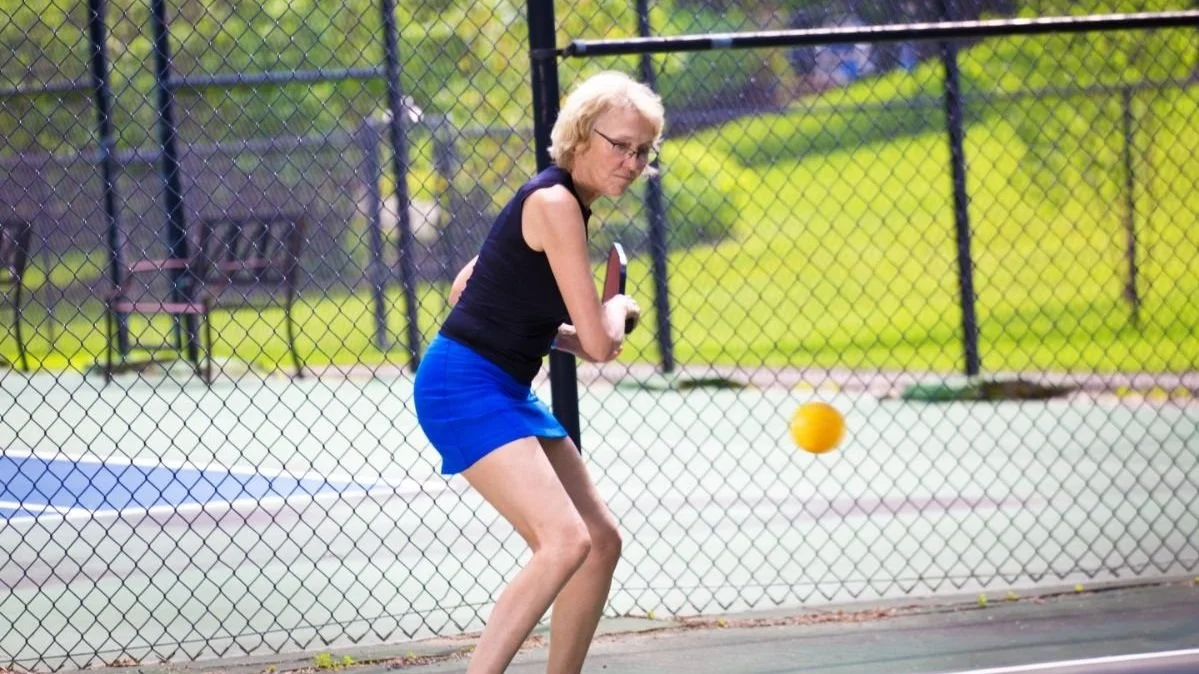Should You Use Your Wrist When Hitting the Pickleball?
It is common in racquetball to use your wrist when you hit most shots. Even in tennis you snap your wrist when hitting a serve. Given the use of your wrist in these two sports, should you be doing this in Pickleball?
Most Pickleball instructors will tell you that you need a firm wrist when playing the sport. Even Coach Andy Gutierrez, who I interviewed on the Pickleball Fire podcast, said this despite his many years as a racquetball player. In other words, you should not be snapping your wrist. The reason for this is having a firm wrist means you have more control over the ball. So it really is important to have the right technique when learning the game. Otherwise your ball will float and often go out of bounds.
However, as you progress in the sport, there are times when you can use your wrist when hitting the ball. One of these is when you are serving. If you want to add some undercut spin, it is natural to use your wrist to help achieve the effect. Another case is when you hit top spin from the baseline or are executing a top spin roll from near the kitchen line. In both cases, you will flex your wrist when going from low to high with your paddle. The more you flick your wrist on the top spin roll as you hit toward your opponent, the more effective the shot can be. This is because snapping your wrist adds more power to the shot.
I think the biggest question mark on whether you should use your wrist is when you dink. In most cases when you hit this soft shot you are using under spin so it is natural to use your wrist. But because the dink is such a precise shot, not having a firm wrist means you will often hit the ball into the net. I have to admit that I use my wrist when I dink, but after all of the years I spent playing racquetball it is natural for me to do this. I feel as long as I can be consistent in the dink game than there is no reason to change. But if you did not come from a sport where you flick your wrist when holding a racket or paddle than I would avoid it except in the situations described above.






